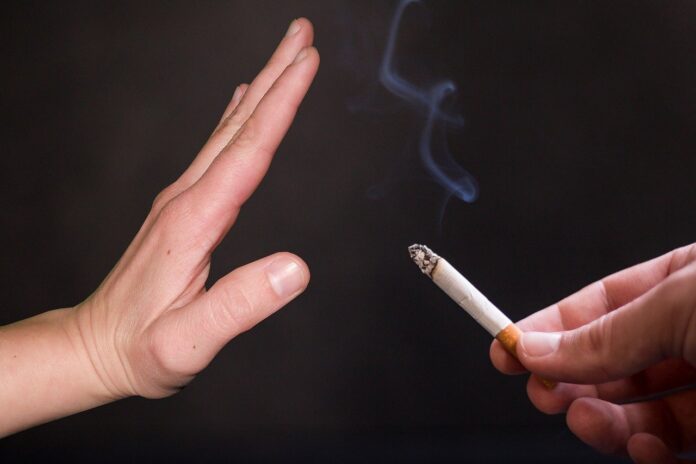Last Updated on February 21, 2021
Image by Tumisu from Pixabay Everyone is aware of tobacco’s harmful effects and how it contributes to deadly conditions like heart disease and various types of cancer. But nicotine is a hell of a drug, and that’s why most people keep smoking even though they know perfectly well they shouldn’t. Fortunately, it’s never too late to quit. It doesn’t matter if you have been a smoker for two, ten, or twenty-five years. You are always on time to break this habit and enjoy the positive effects of quitting smoking. After all, the human body has an incredible healing ability. To give you the push you need to throw your packet of cigarettes in the trash bin once and for all, we’re going to share in this article what happens when you quit smoking. Quit Smoking Timeline: This timeline is a summarized way to present the benefits of quitting smoking as the time since your last cigarette progresses. Besides being very informative, it also gives extra motivation to those who want to quit smoking by showing short and medium-term effects. So, let’s imagine you’ve been a smoker for twenty-five years, and you just decided to smoke your last cigarette ever. Here’s what happens:
































